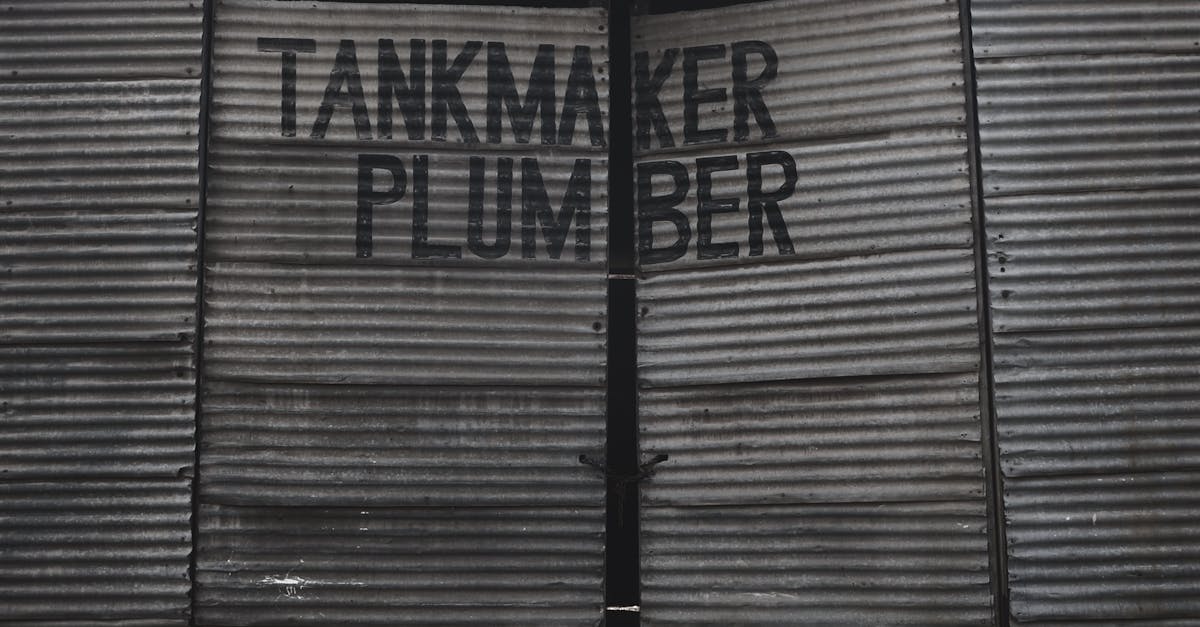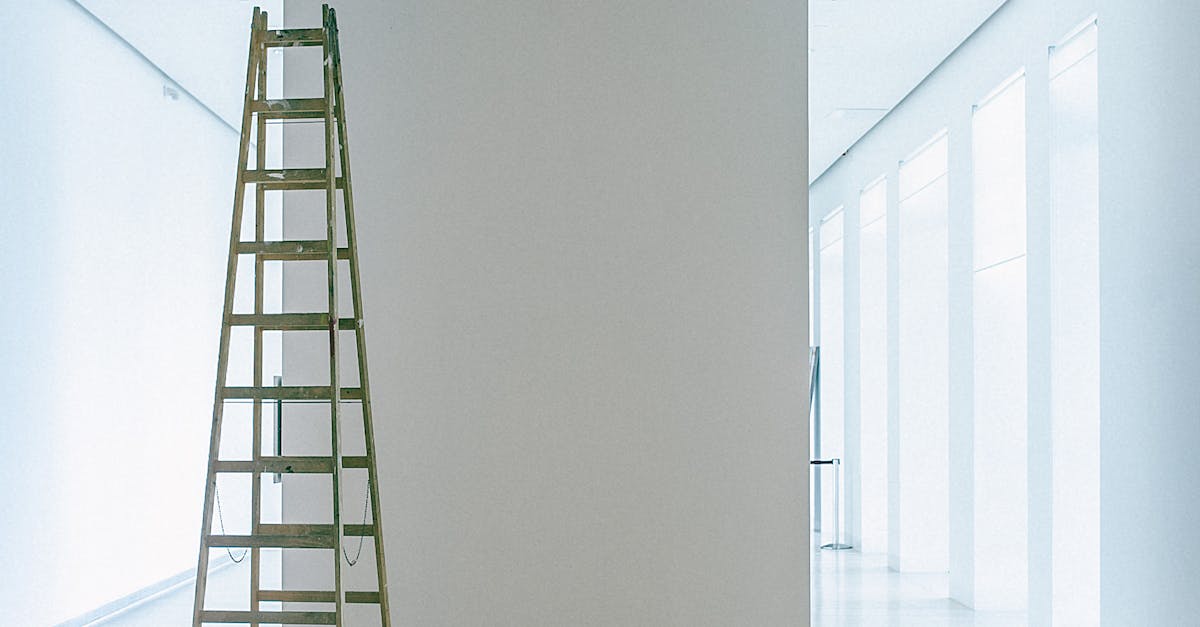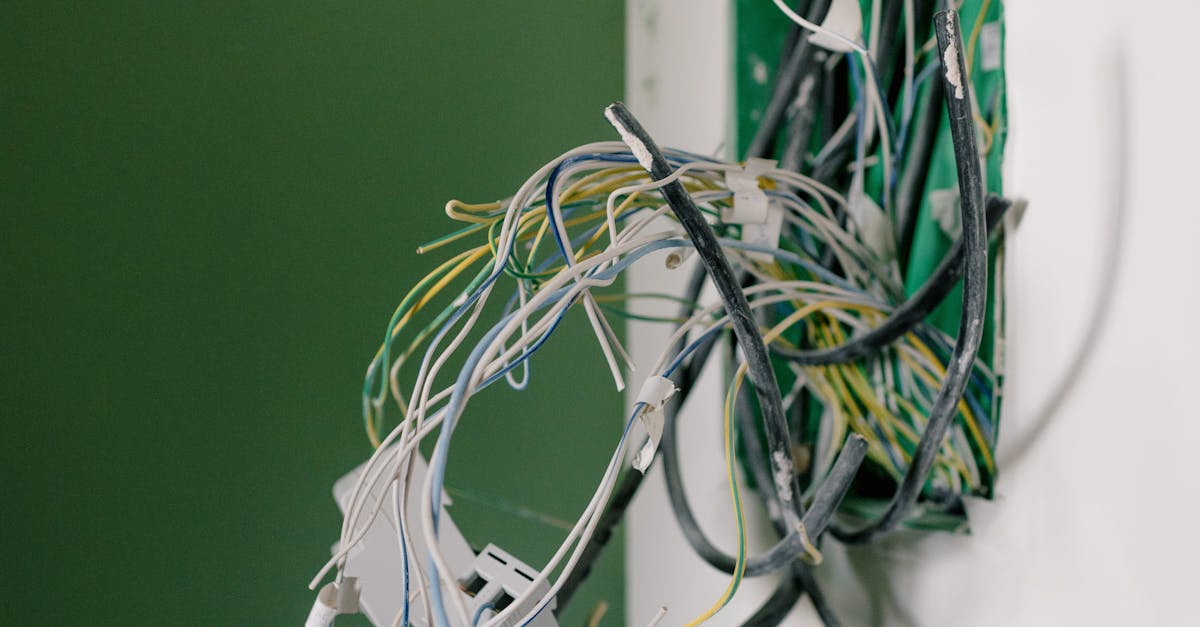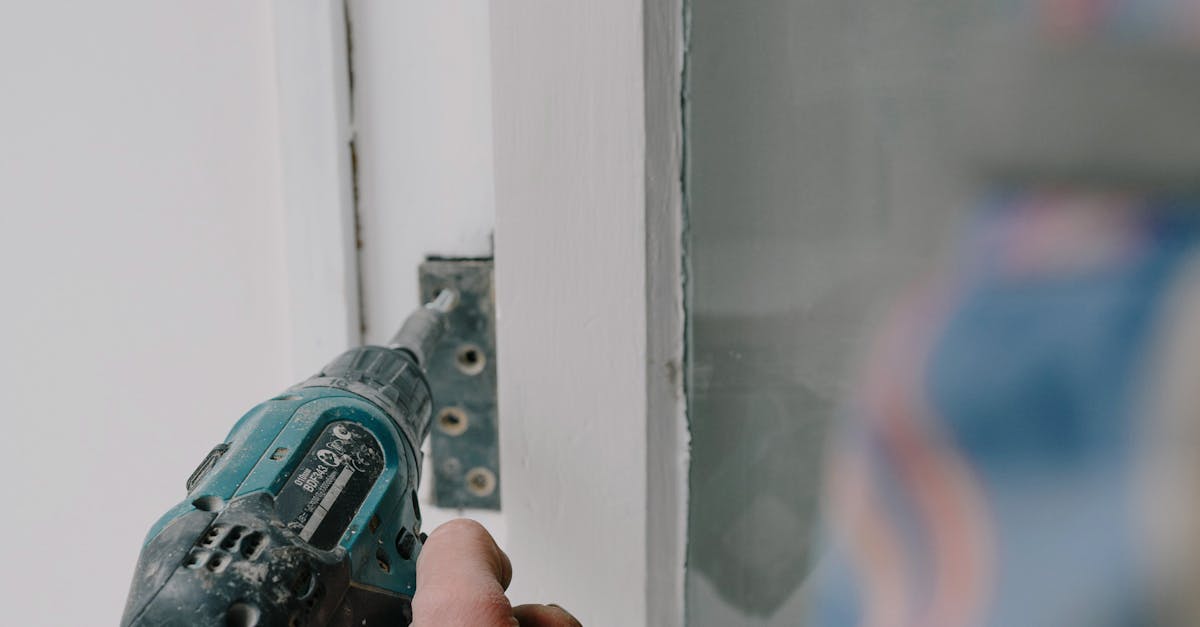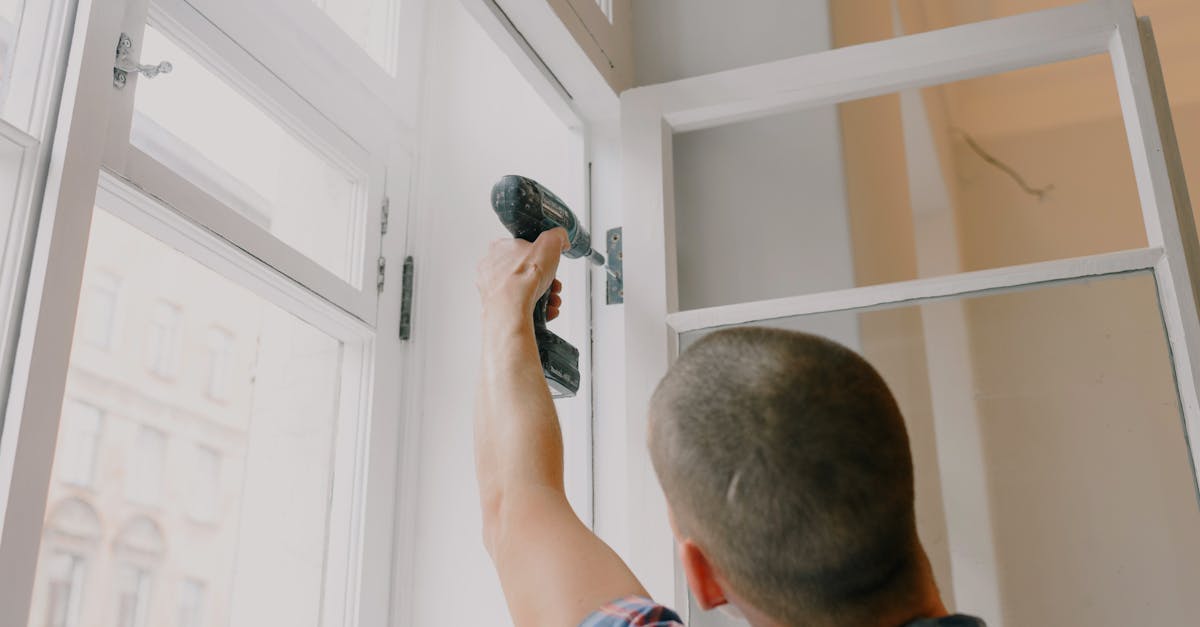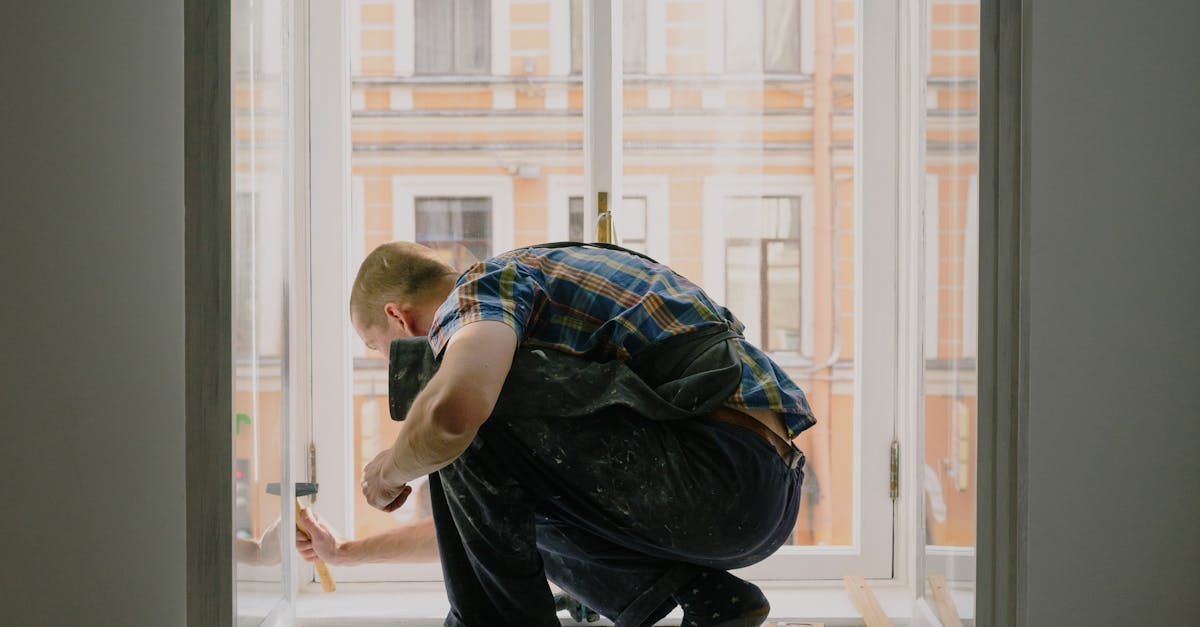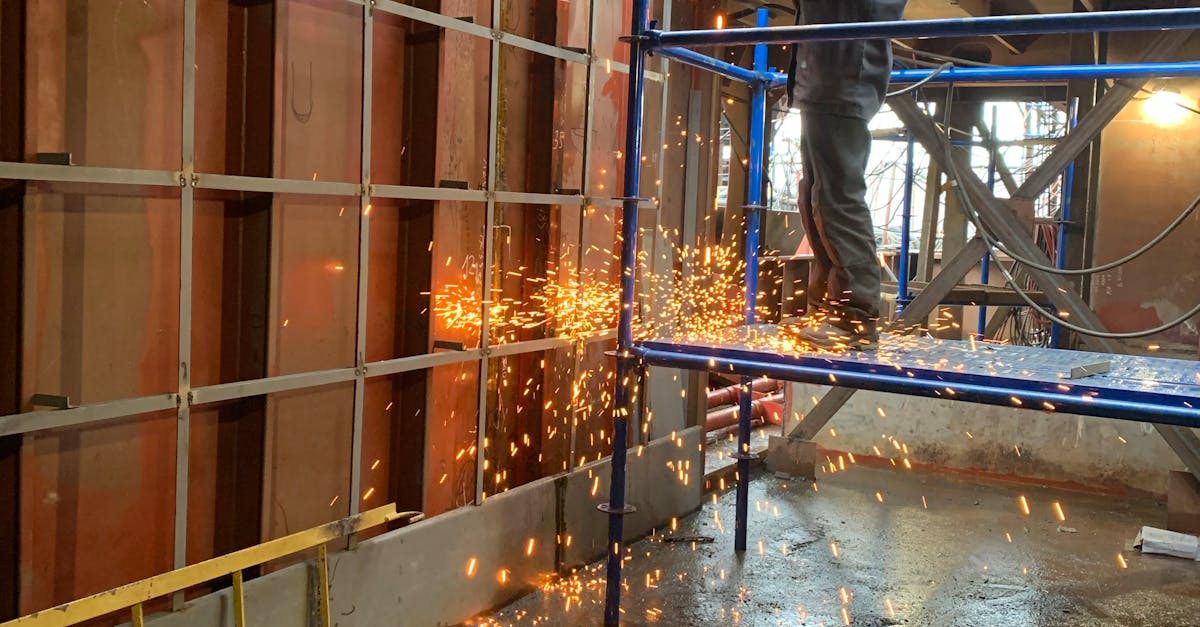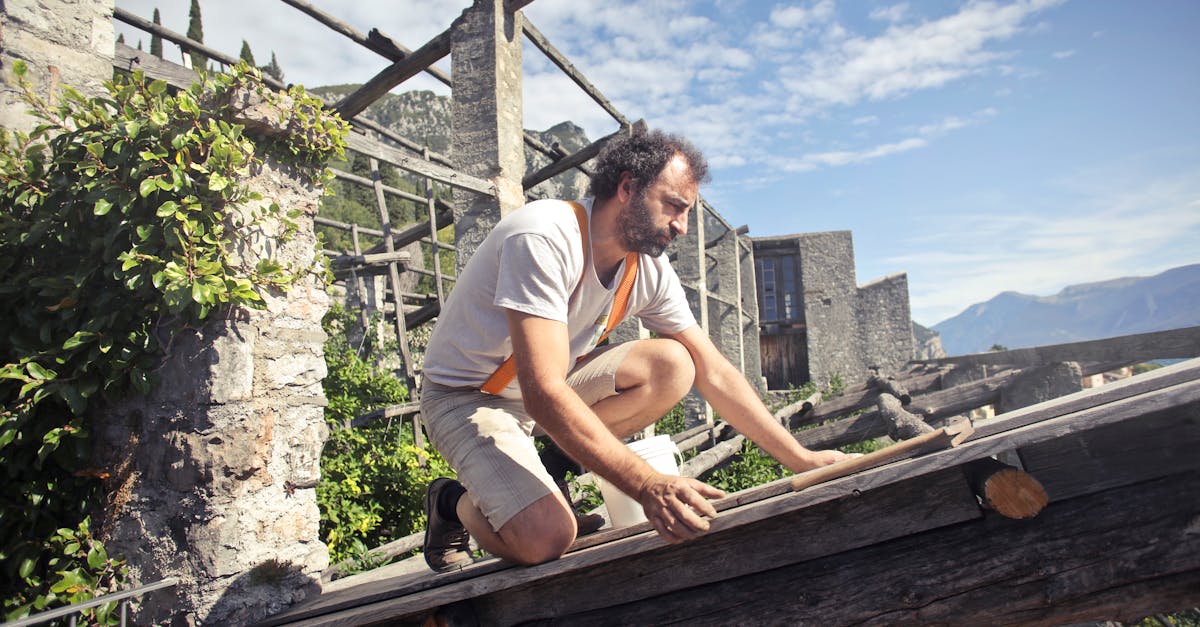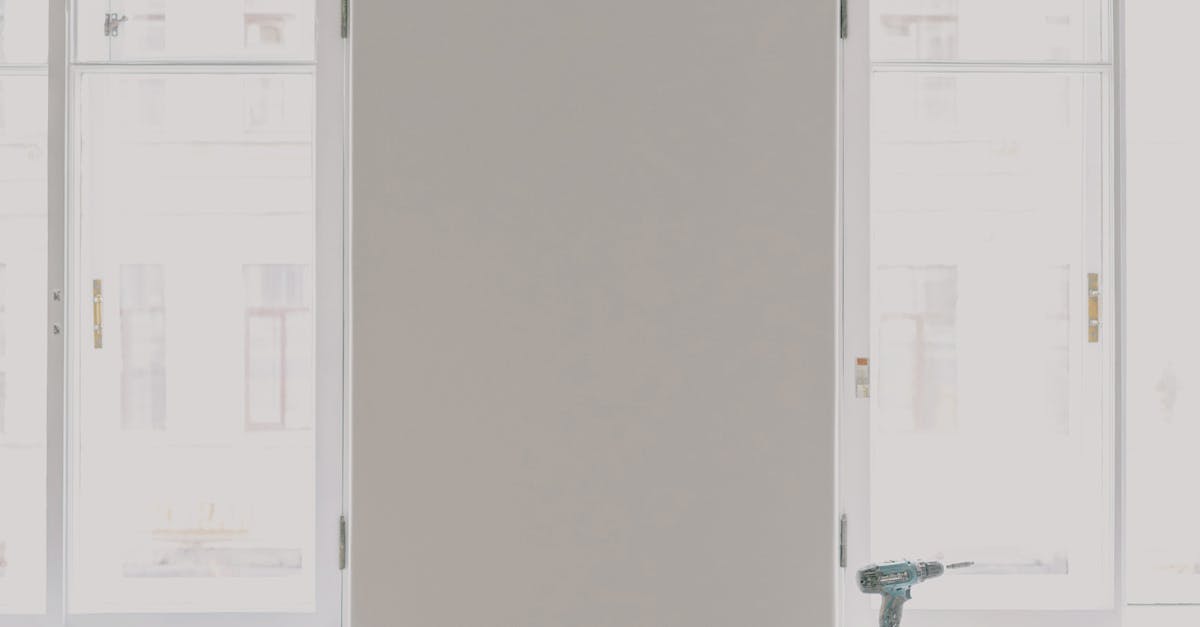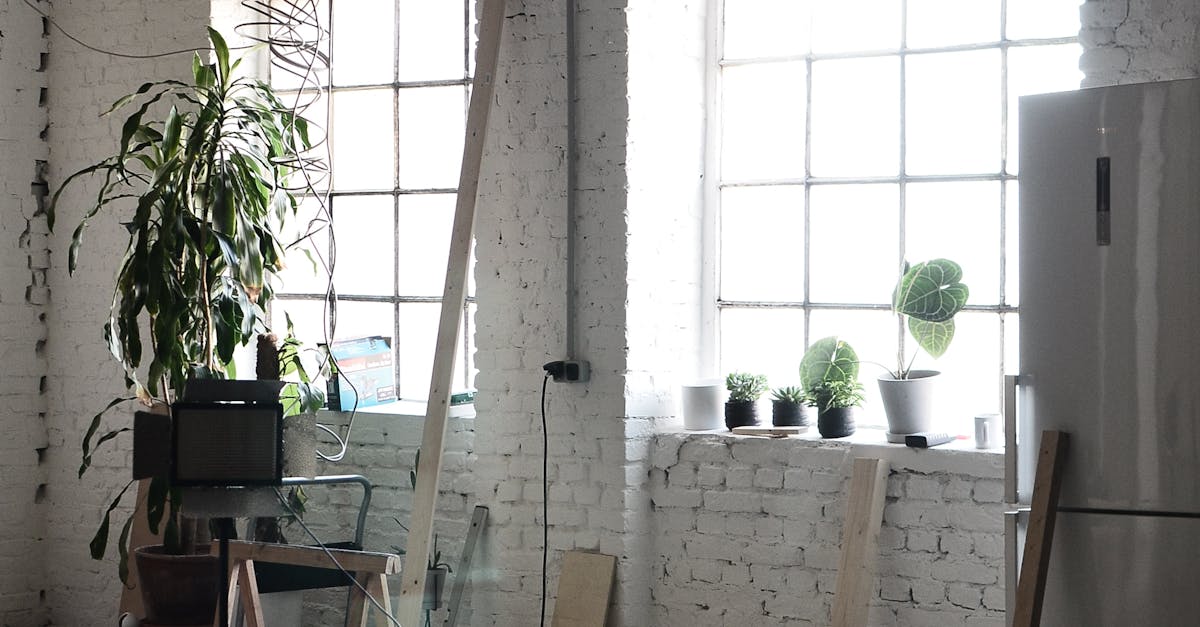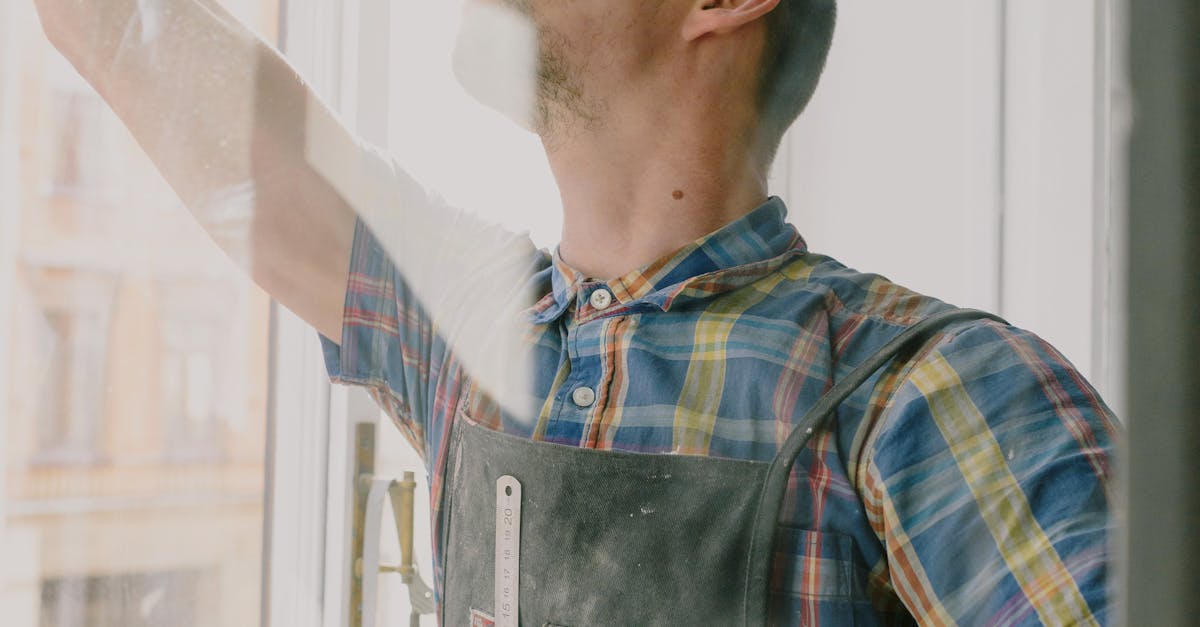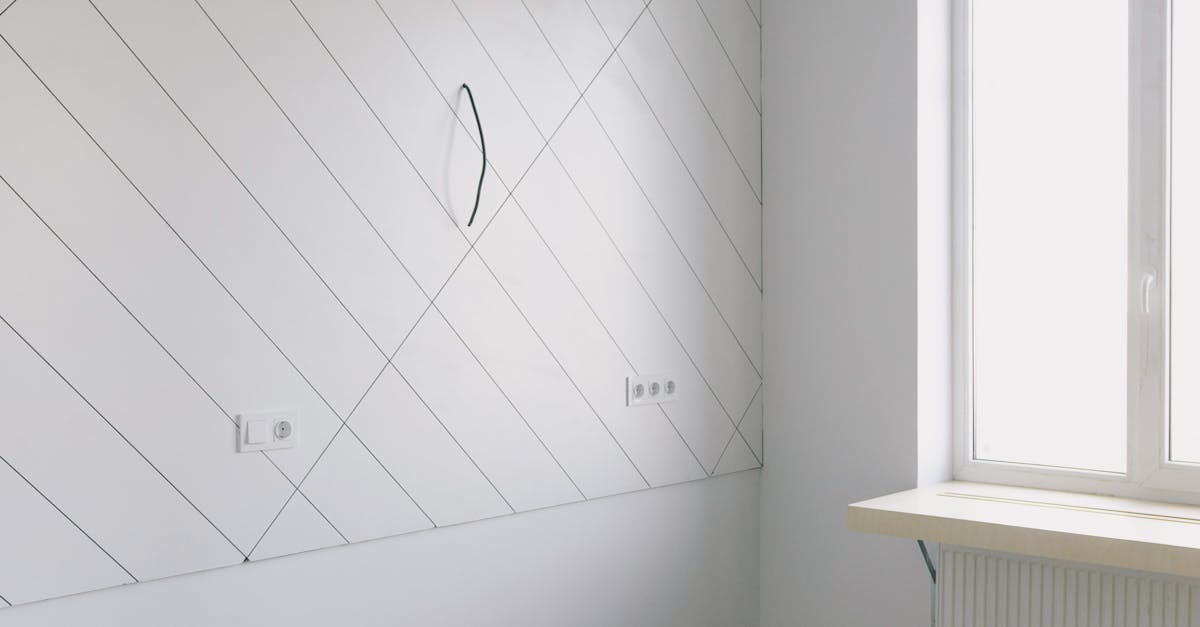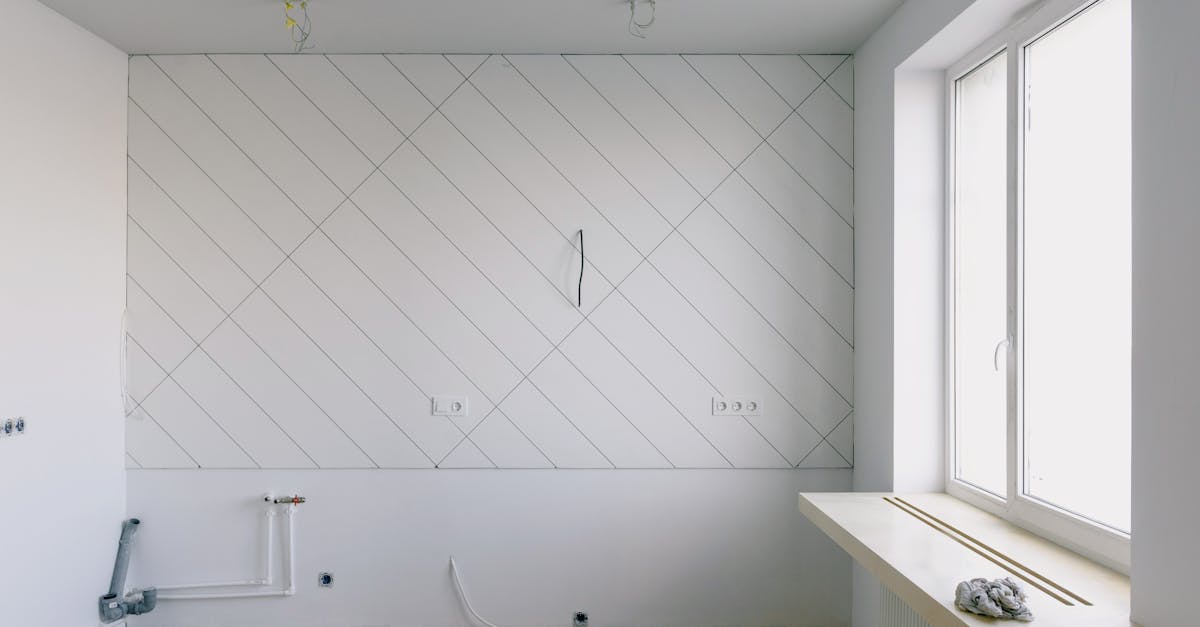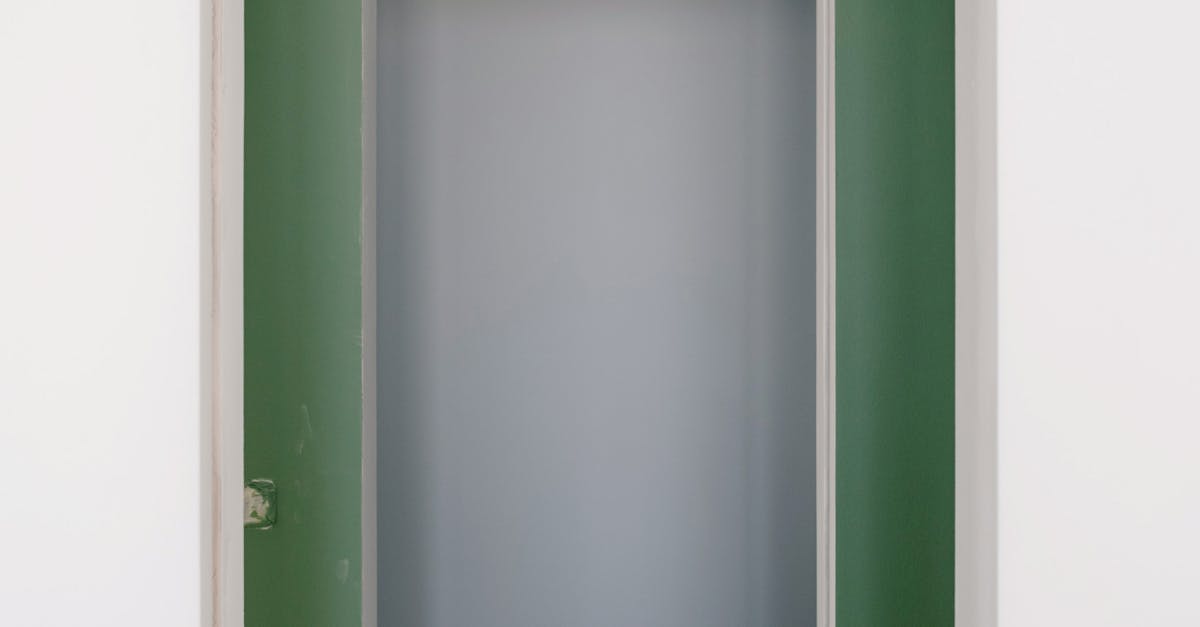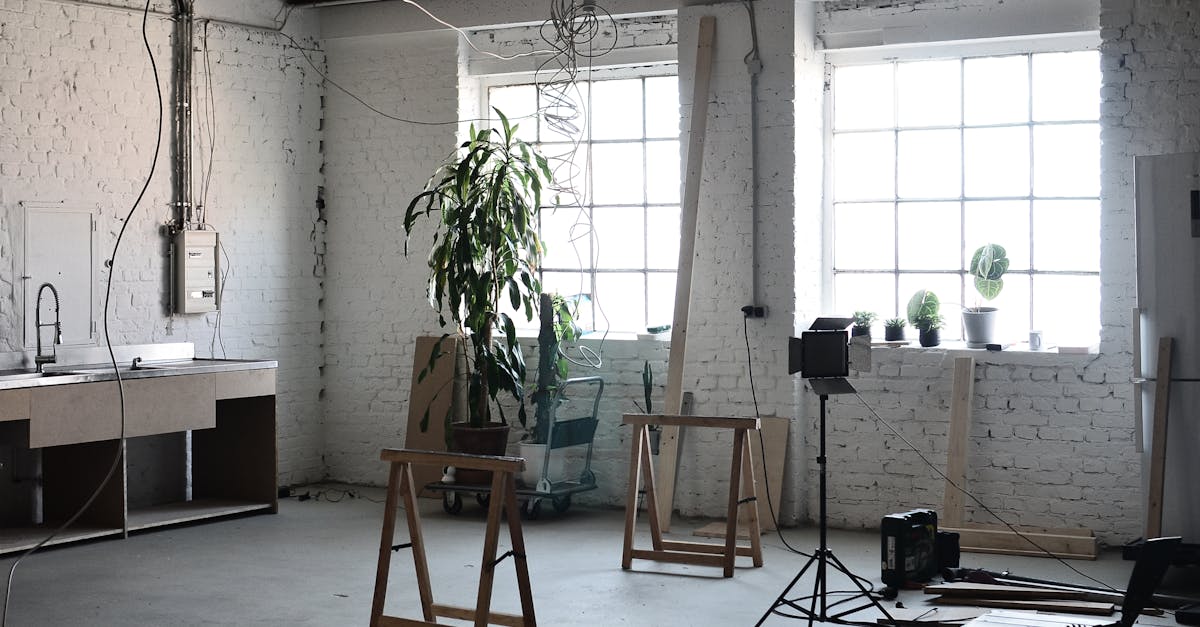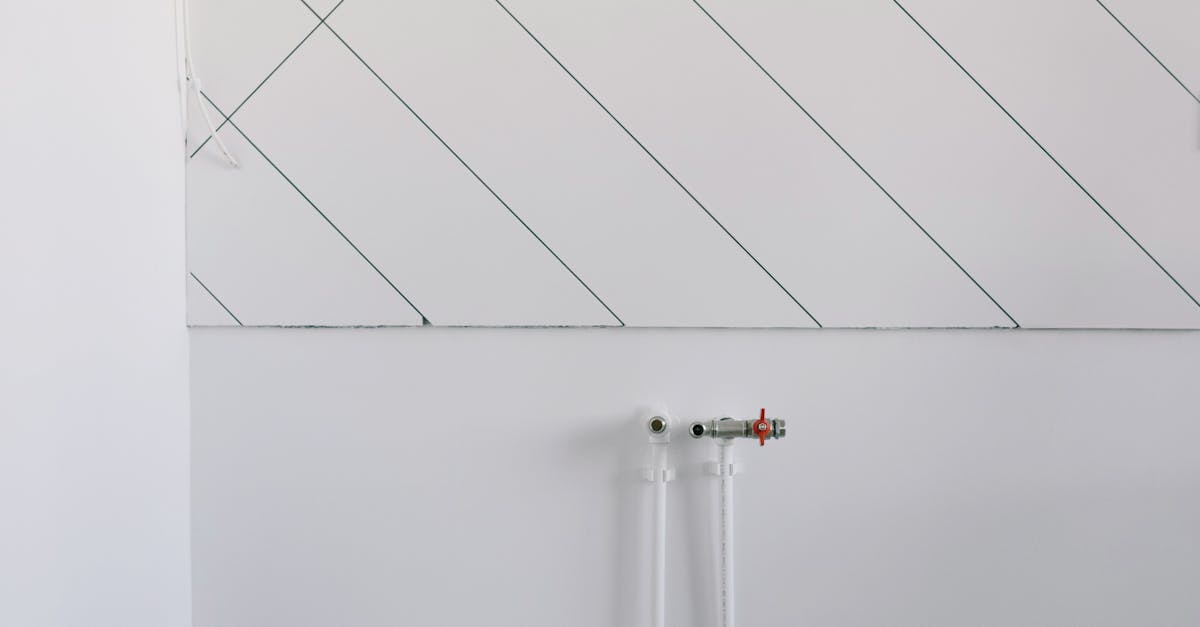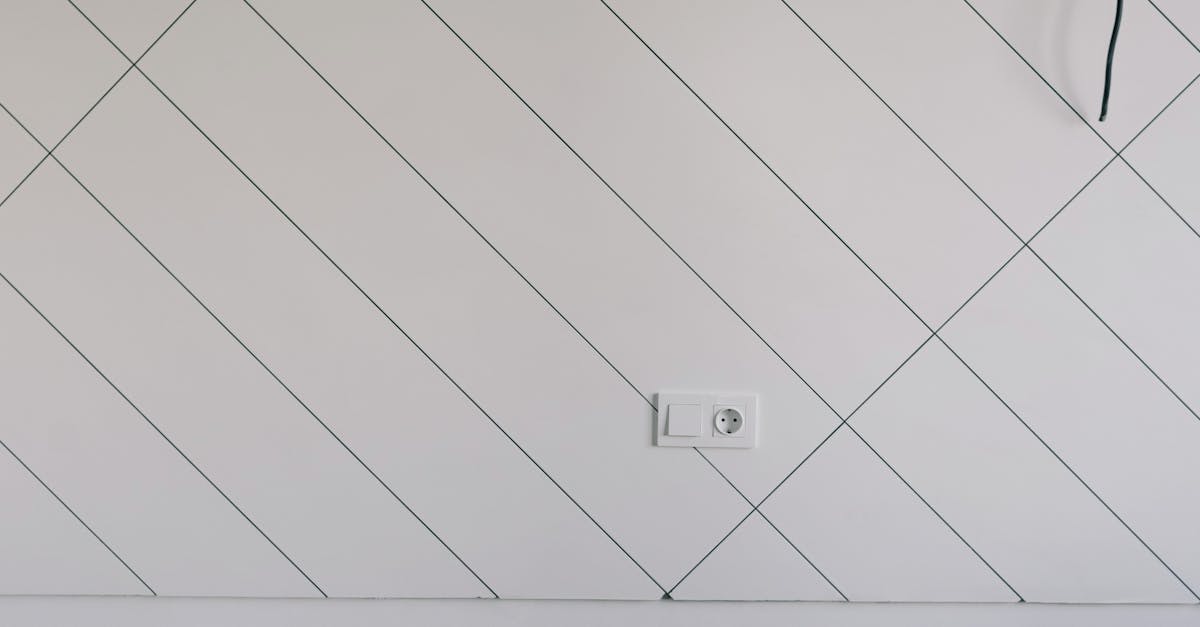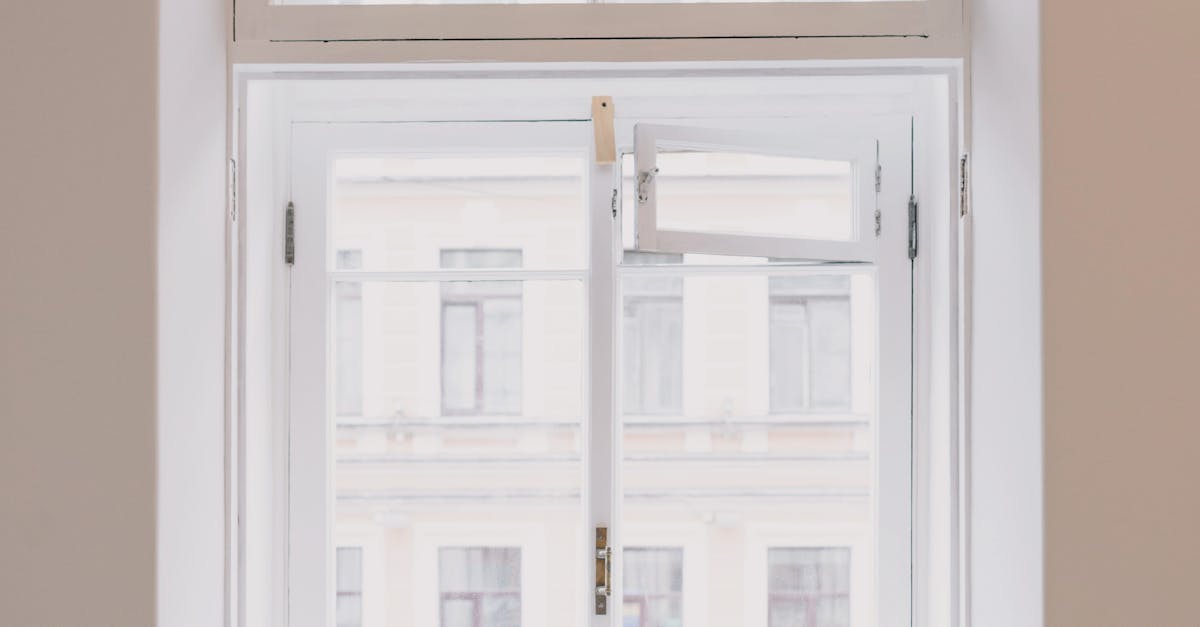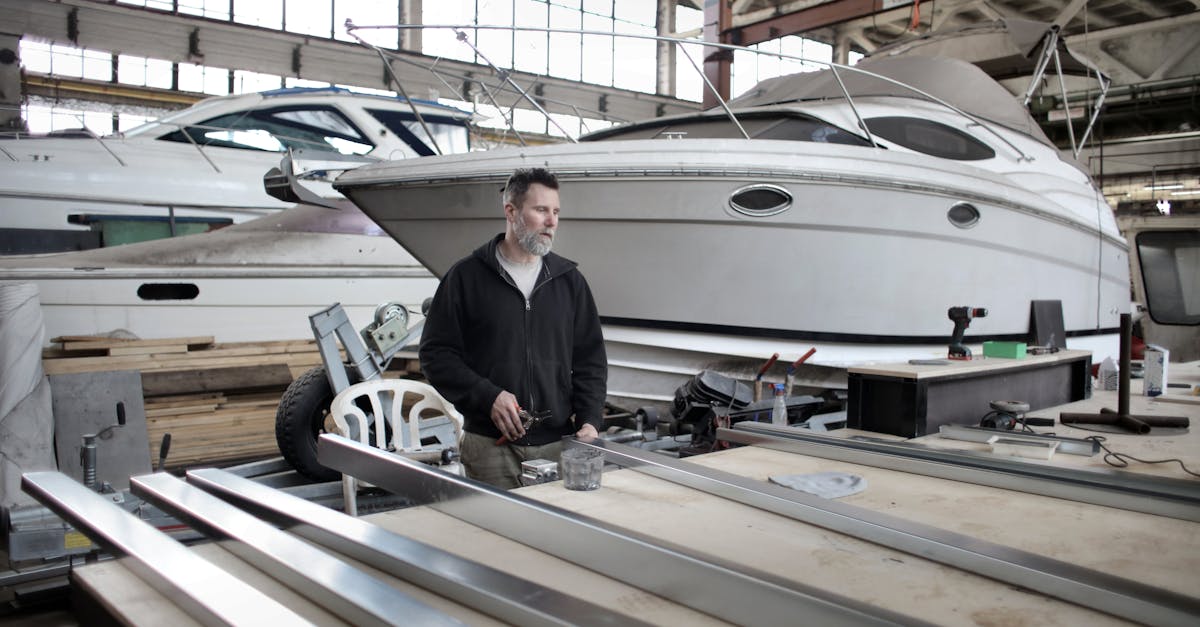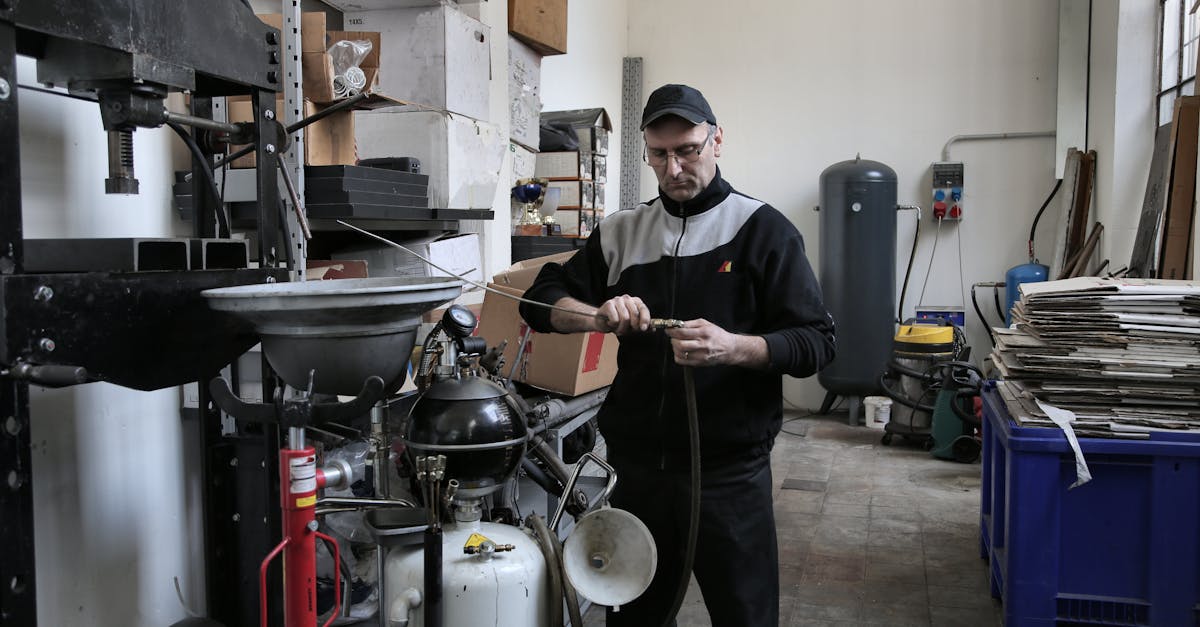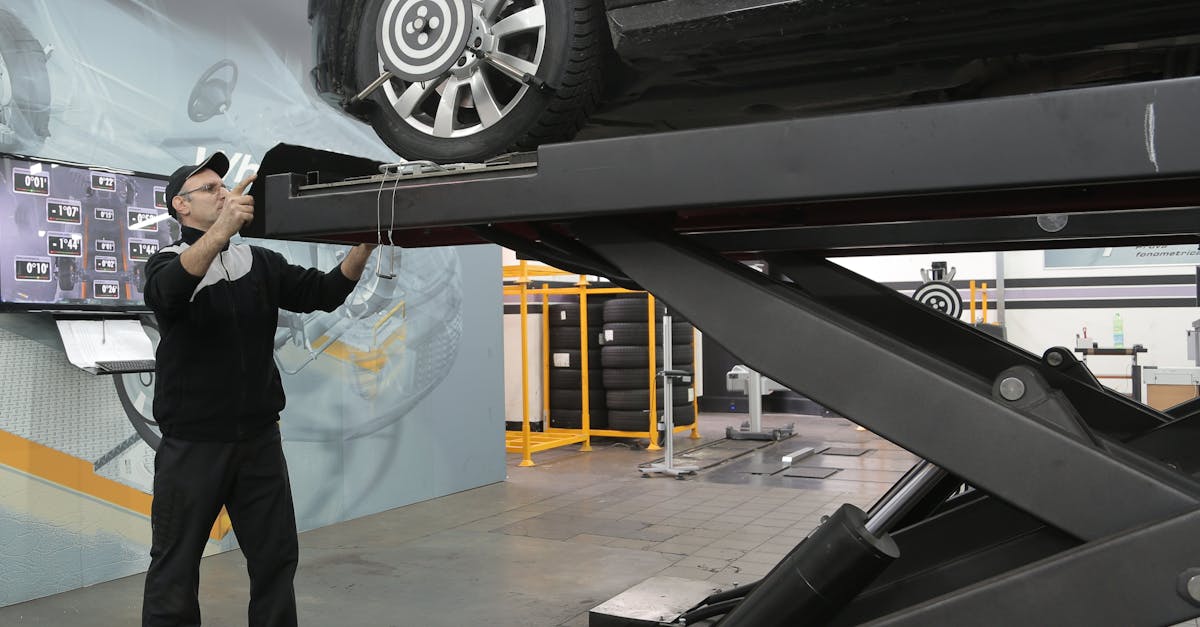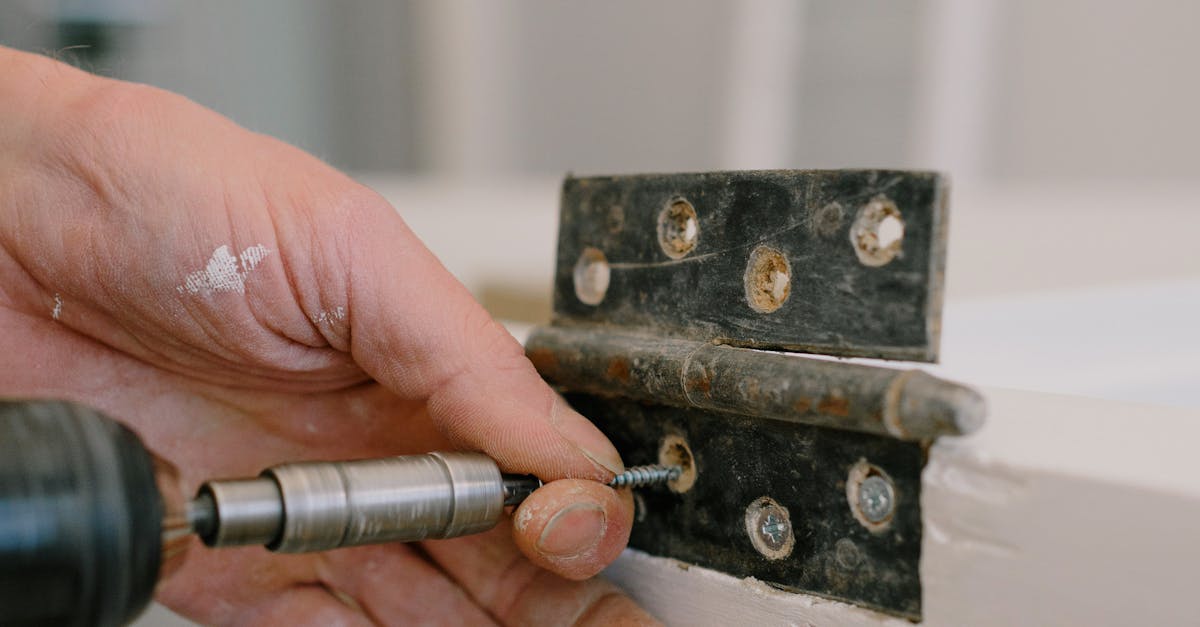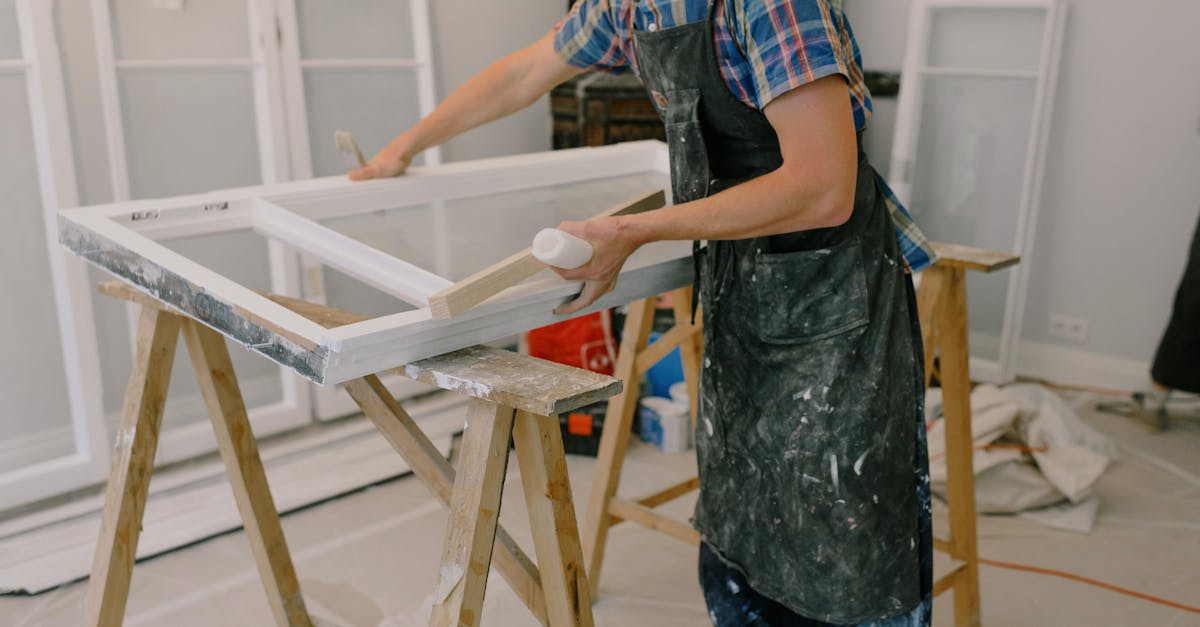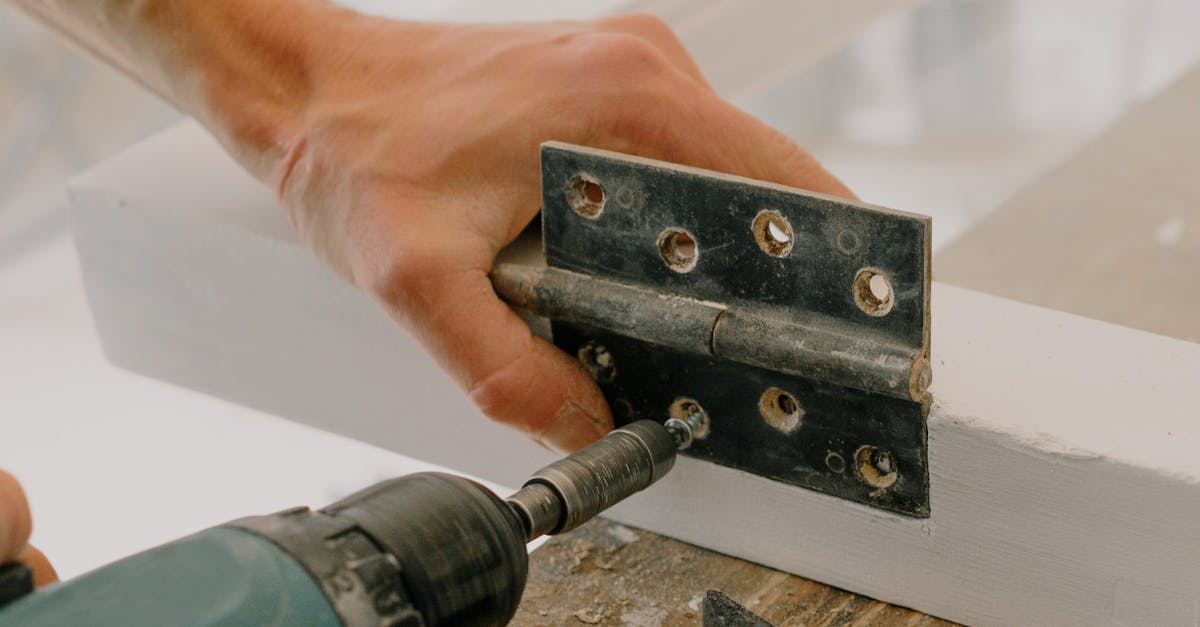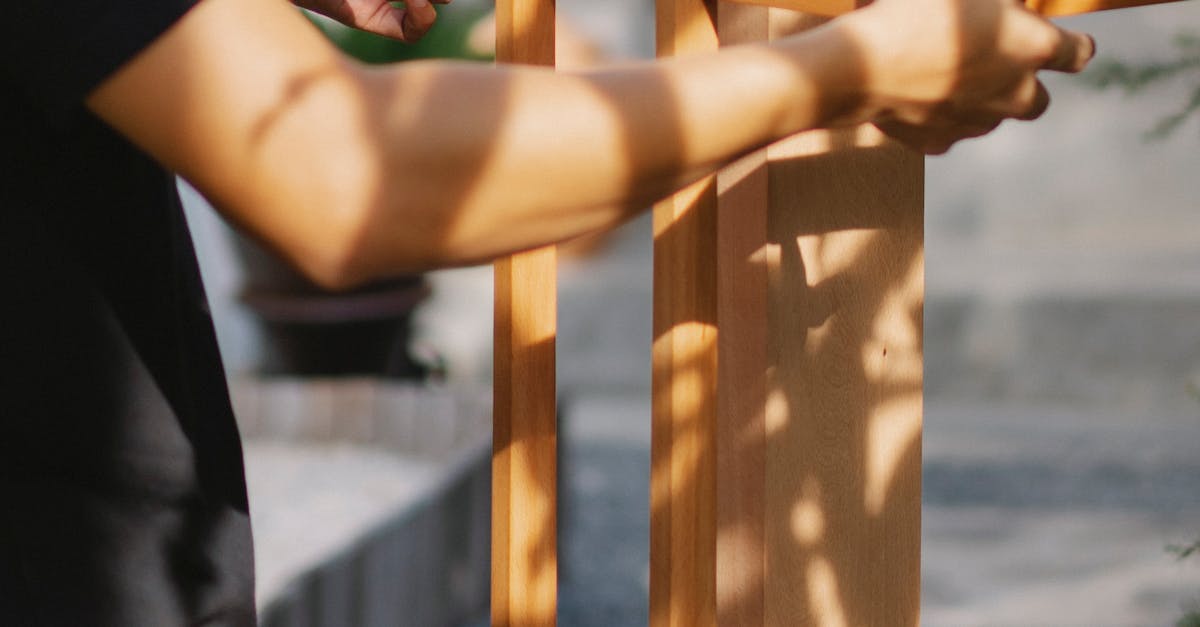
Table Of Contents
Engaging Professionals
Ensuring compliance with sewer line regulations involves engaging professionals who are skilled and knowledgeable in the field. These experts understand the intricate regulations that govern sewer line installation and repair. Having experience with local codes is essential for navigating the complexities associated with these projects. Selecting a qualified plumber or contractor can significantly reduce the potential for costly mistakes and ensure that the work meets all required standards.
When hiring a professional, it is important to verify their credentials and experience in sewer line installation and repair specifically. Research their reputation through reviews and recommendations from past clients. Clear communication about expectations and project timelines is vital to achieving satisfactory outcomes. Professionals who are familiar with both the technical aspects and regulatory requirements can provide peace of mind and contribute to the overall success of your project.
When to Hire a Qualified Plumber
When dealing with sewer line installation and repair, it is essential to recognise the signs that professional help is required. Homeowners should not hesitate to seek a qualified plumber when faced with persistent drainage issues or if there are unexplained sewage odours emanating from the property. These symptoms often indicate underlying problems that can escalate into more significant issues if left unaddressed. A professional can diagnose the situation accurately and provide effective solutions in accordance with local regulations.
In addition to addressing existing problems, hiring a qualified plumber is critical when planning a new sewer line installation. Compliance with various government regulations necessitates expertise in navigating these requirements. A licensed plumber understands the necessary permits and inspections needed throughout the process. Their knowledge helps ensure that the installation meets all safety and environmental standards, reducing the risk of future complications.
The Role of Permits
Permits play a crucial role in ensuring that sewer line installation and repair meets local building codes and regulations. Obtaining the necessary permits helps to regulate the standards of work carried out, providing an added layer of safety for both the property and the community. These regulations are designed to ensure that sewer lines properly connect to the main system without causing blockages or environmental contamination. Failure to secure the appropriate permits can lead to penalties or the need for costly rework.
The permit application process typically involves submitting detailed plans and specifications to the local council. This documentation must outline the specifications of the sewer line installation and repair, including the materials to be used and the methods of construction. It is vital to ensure that all aspects of the project adhere to local regulations, as non-compliance can result in significant delays and complications. Engaging with the relevant authorities early in the planning phase streamlines the process and helps avoid any potential roadblocks.
Understanding the Permit Application Process
Navigating the permit application process for sewer line installation and repair is crucial for ensuring compliance with local regulations. Each jurisdiction may have specific requirements regarding the documentation needed, fees, and timelines for approval. It is essential to gather all necessary information before submitting the application, including site plans, specifications for the work, and any supporting documents that demonstrate adherence to local codes.
It is advisable to initiate the permit process well in advance of the planned work schedule. Delays in approval can lead to significant disruptions and may affect project timelines. Additionally, engaging with local authorities early on can provide clarity on any additional requirements that might be necessary, ensuring a smoother process for sewer line installation and repair.
Environmental Considerations
Environmental considerations play a vital role in sewer line installation and repair. Poorly managed sewer systems can lead to contaminated waterways, affecting both local wildlife and human health. Compliance with regulations ensures that waste is treated properly, reducing the risk of pollution. Implementing best practices during installation and repair can mitigate potential hazards and protect natural ecosystems.
Additionally, the materials and techniques used in sewer line installation and repair can have significant environmental impacts. Choosing sustainable materials and methods can enhance the longevity of the system and reduce the overall ecological footprint. Proper management of run-off and wastewater during construction is essential to prevent harmful substances from entering the environment. A well-planned approach not only complies with regulations but also fosters community trust and environmental stewardship.
Impact of Sewer Line Compliance on the Environment
Sewer line compliance plays a crucial role in protecting local ecosystems. Properly maintained sewer systems minimise the risk of leaks and contamination, which can have severe consequences for waterways and the surrounding environment. When sewer line installation and repair are conducted following regulations, the likelihood of untreated wastewater entering streams and rivers decreases significantly. This helps preserve aquatic life and ensures that natural habitats remain undisturbed.
Furthermore, compliance with sewer line regulations supports overall public health. Inadequate sewer systems can lead to health hazards through contaminated water supplies. By adhering to necessary standards during sewer line installation and repair, communities can prevent these risks, ensuring safe and clean water for residents. This commitment to environmental integrity ultimately reinforces the importance of proactive maintenance and regulatory adherence in safeguarding both health and ecosystems.
FAQS
What are the benefits of hiring a qualified plumber for sewer line compliance?
Hiring a qualified plumber ensures that your sewer line installation or repairs meet local regulations, which can prevent costly mistakes, legal issues, and health hazards. They also have the expertise to identify and address potential problems early.
How do I know when I need a permit for sewer line work?
Generally, you will need a permit for any significant sewer line work, such as installation, replacement, or major repairs. It's best to check with your local council for specific requirements, as regulations can vary by location.
What is the standard process for obtaining a sewer line permit?
The permit application process typically involves submitting detailed plans of the proposed work, paying a fee, and possibly undergoing a site inspection by local authorities to ensure compliance with regulations.
How does compliance with sewer line regulations impact the environment?
Adhering to sewer line regulations helps protect water quality and public health by preventing sewage leaks and contamination of natural resources, thus contributing to a healthier ecosystem.
What should I do if I encounter issues during the sewer line compliance process?
If you face issues, consult with your hired plumber or seek advice from your local council. They can provide guidance on resolving compliance challenges and ensuring that your project meets all necessary regulations.
